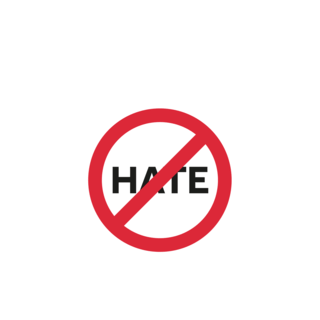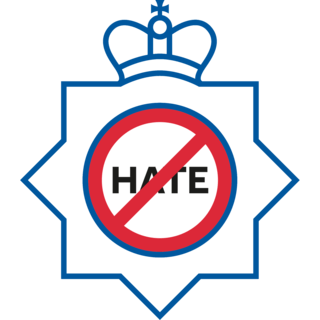Here are some tips to follow if you are out and about.
- Stay alert – awareness is your best defence.
- Leave venues with friends wherever possible.
- Try to stay in well-lit areas.
- Be confident – even if you don't feel it.
- Travel as if you know where you are going.
- Take the most direct route and try to stay within areas where other people are around.
- Trust your instincts – if you think something is wrong then act on it.
- Have your keys available when you reach your home or car.
- Keep money for taxis – the expense is worth it.
- Carry a personal alarm and use it when necessary.
If you are a victim:
- Get help immediately.
- In an emergency dial 999 or 112.
- Make as much noise as you can to alert people.
- As soon as you can, go somewhere you know is safe.
- If you have been attacked, don't shower or change your clothes as it may destroy evidence.
- If you have the confidence, tell the police why you think you were attacked.
- If you have had your keys taken, ensure you change the locks.
- Don’t drink alcohol – you need to give a clear account of what happened.
- You can report to the police using the online reporting facility on this website. (You can report anonymously, although we'd prefer to be able to speak to you)
- If you want to pass information about offenders, you can contact Crimestoppers or call on 0800 555111.
If you are a witness:
- Call 999 or 112
- Let the police know what you've seen. Don't assume others will come forward. Many crucial witnesses walk away thinking someone else will report it.
- Stay alert and safe.
- Don’t physically intervene – you could get hurt yourself.
- If it is safe to do so, take a photograph or video on your mobile phone. Remember, however, that the police are likely to need your phone as evidence.
- Record details of times, number plates, descriptions and so on. If you don't have a pen with you, leave a voicemail message on your mobile phone or write a draft text message. As soon as you can find a pen and paper, write down the information in as much detail as possible.
- You can report to the police using the online reporting facility on this website. (You can report anonymously, although we'd prefer to be able to speak to you)
- If you want to pass information about offenders, you can contact Crimestoppers or call on 0800 555111.
Internet safety tips:
Here are some useful tips for keeping safe on the Internet:
- The Internet provides endless opportunities to meet people from all over the world. You must however remember to use common sense. It is easy to get swept-up into a fantasy world, but reality requires us to use caution.
- Do not give out personal details, photographs, or any other information that could be used to identify you, your family, or where you live.
- Do not take other people at face value - they may not be what they seem.
- Never arrange to meet someone you've only ever previously met on the Internet, without telling a friend and giving them as much detail as possible about the person that you're meeting and where.
- Do not open an attachment or download a file unless you know and trust the person who has sent it.
- Never respond directly to anything you find disturbing when using the Internet or email. Log off, and report it.

